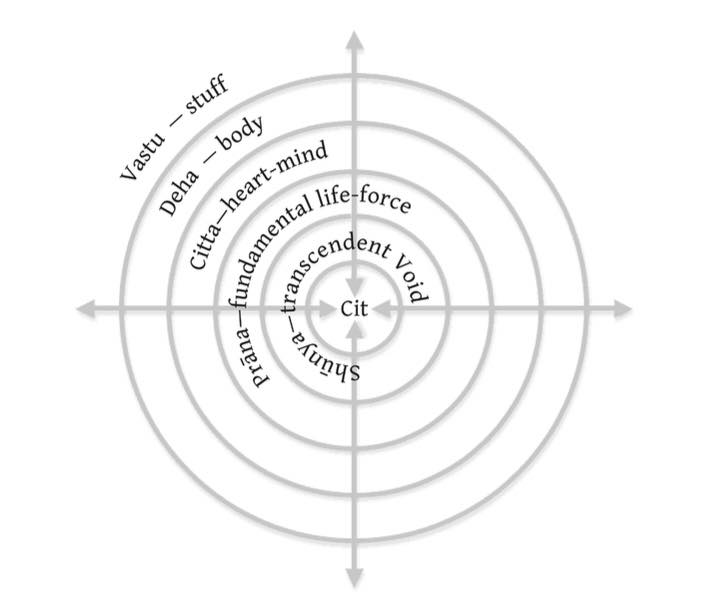authentic yoga for modern lifeYoga is a practice that is over 2000 years old. Originating in India, yoga is a philosophical and practical system of self-realisation, influenced by several philosophical systems of India including the ascetic movements, Vedas, Upaniṣads (Vedanta), Buddhism, Jainism and tantra. The classical system of yoga is described by the Yoga Sutras of Patanjali, a series of 196 aphorisms. Within these, the 8-limbed (astanga) path is laid out as follows:
About Vajrasati Yoga
Vajrasati yoga was founded in 2000 by Jim Tarran. The study and practice of yoga (and its influencing traditions) and Buddhism inspires the school. Graduates of the training become part of a knowledge pool and support network, and the school grows with each individual. Vajrasati yoga aspires to communicate a practical experience of yogic principles to a multifarious and contemporary world. Vajrasati yoga is not in itself a 'style' of yoga as one may expect from many schools of yoga. Vajrasati is based more on a shared philosophy and integrity. Vajrasati yoga encourages exploration, creativity and continued learning from self study (svadhyaya), and sharing that learning with the Vajrasati community and the wider world. |
|


